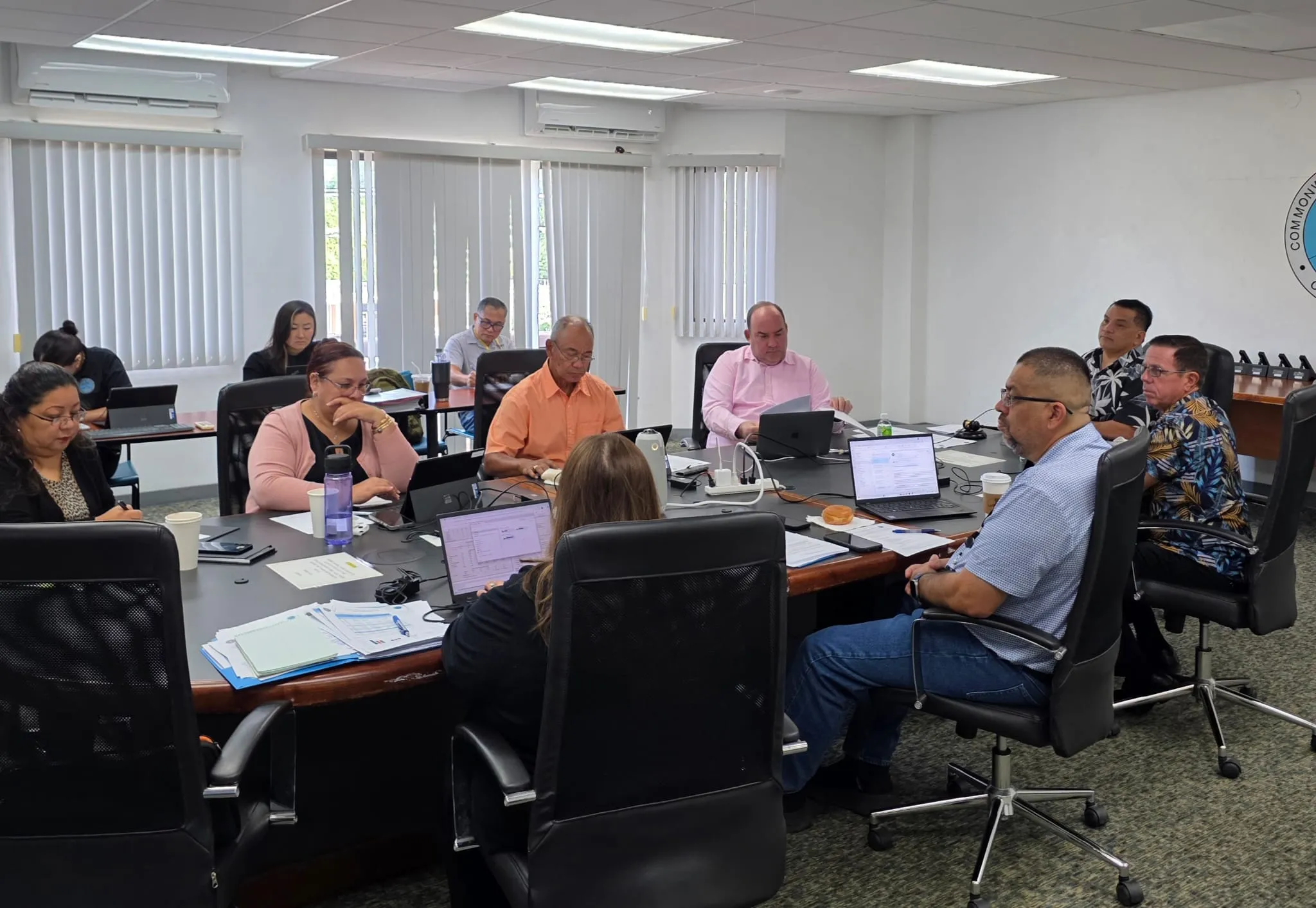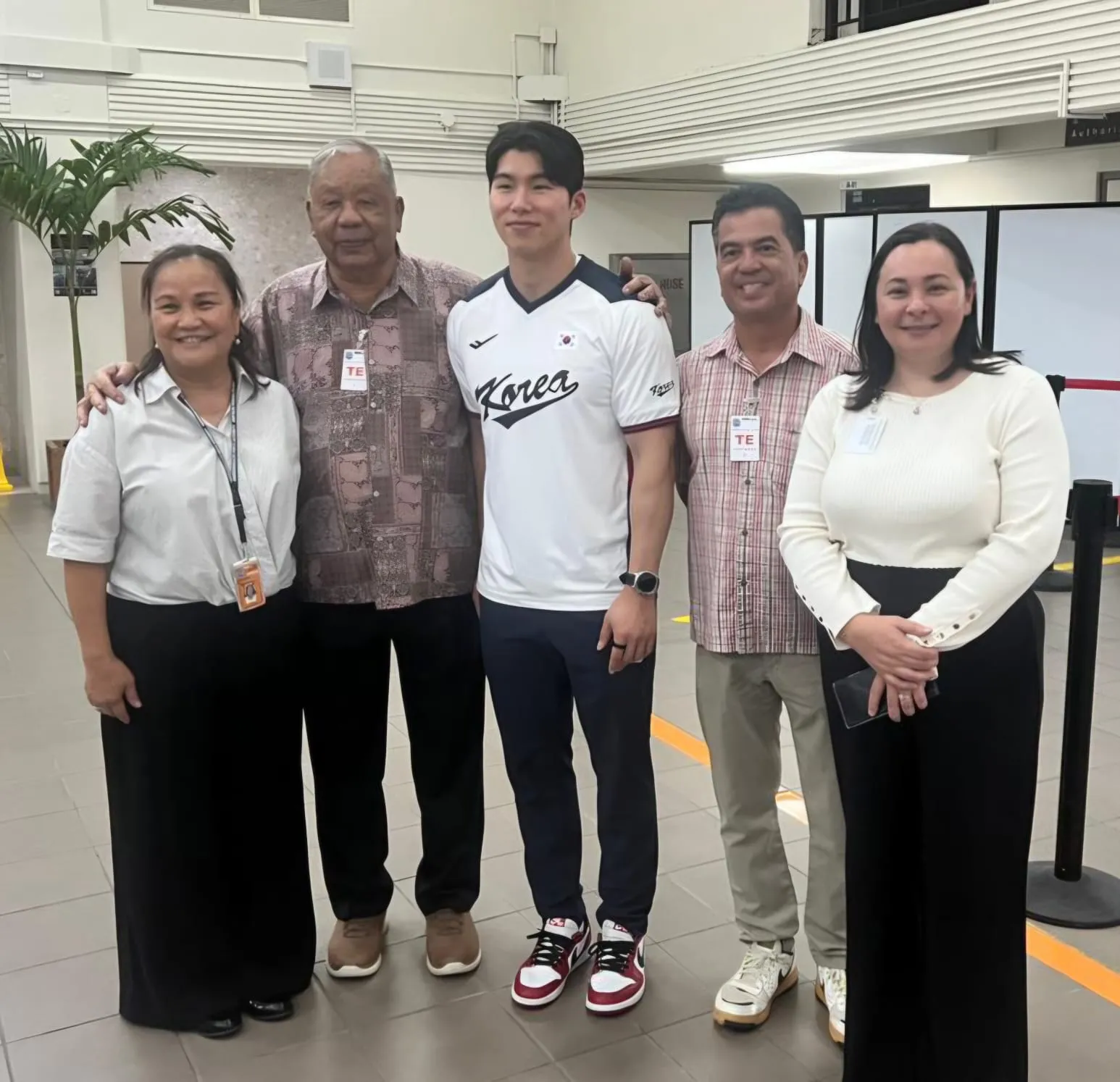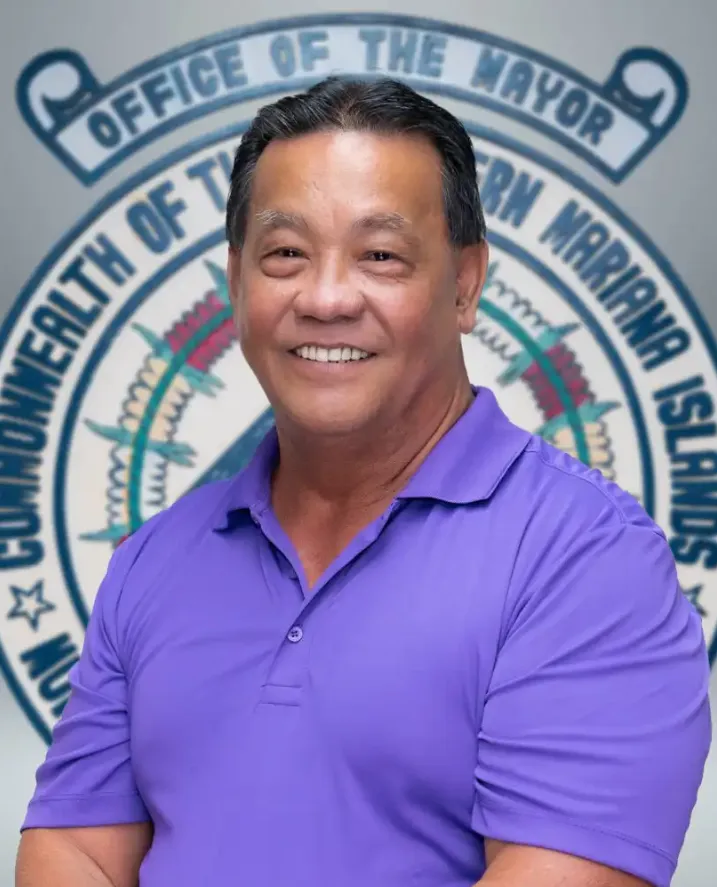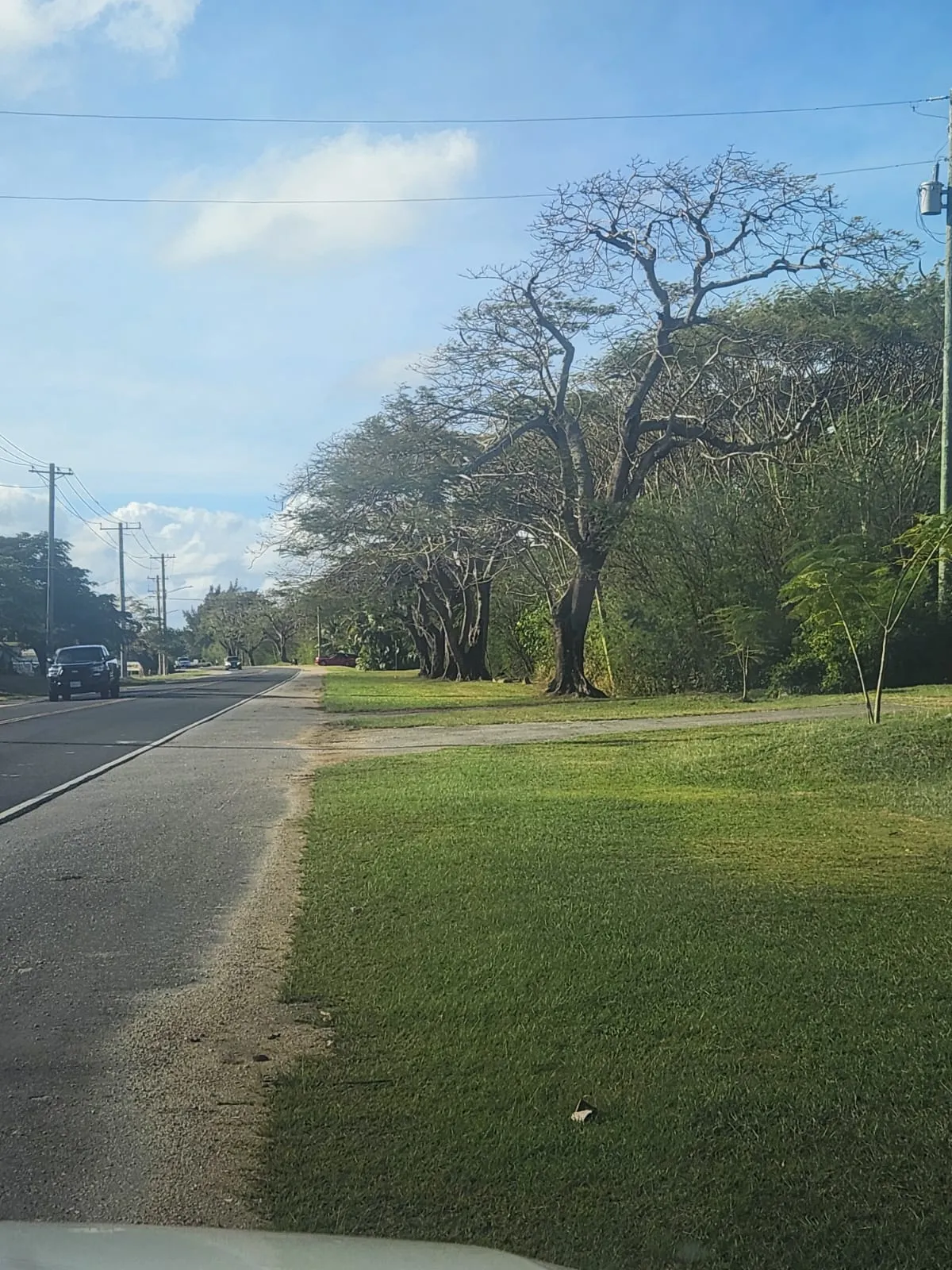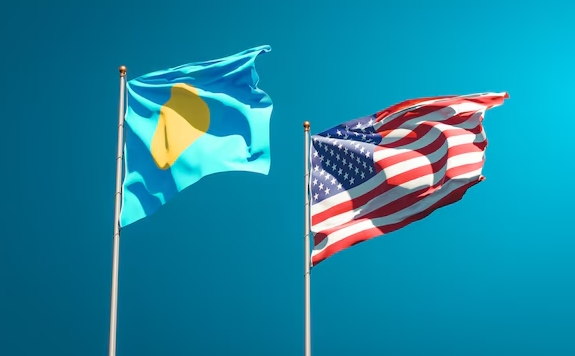
KOROR (Island Times/Pacnews) — A petition circulating in Palau calls on the national leadership to open talks with the United States on a separate, detailed agreement spelling out when and how Washington would defend Palau — and how civilians would be protected — if conflict reaches Palauan territory.
The initiative, led by former senator and ex-representative to Washington, D.C., Steven Kanai, asks the government to negotiate a pact tied to Title III, Sections 312 and 352 of the Compact of Free Association or COFA with the United States. Those provisions establish broad U.S. authority and responsibility for security and defense in or relating to Palau and state that an attack on Palau would be considered a danger to the United States, with U.S. action to “meet the danger” in accordance with U.S. constitutional processes. The sections, however, do not detail civilian-protection measures or precise triggers for response.
“Palauans are sitting collateral damage,” Kanai said, arguing that the Compact’s defense clauses are open-ended and “silent on how the civilian population can be protected from military attacks that are not intended for them.”
Kanai, who served as Palau’s representative in Washington from 1987 to 1991, said the petition seeks a mutual agreement that would outline protocols and contingency plans “to address the protection of Palauan civilian populations from becoming collateral damage of war.” He added, “It is one thing to remotely protect Palau and another to protect Palau from here,” urging direct planning and transparency.
According to the text, the petition urges the Republic of Palau to “secure a separate agreement” with the United States “in relation to Section 312 and 352, Title III of the Compact Agreement” so that “the entire civilian population would be safe should a military attack reach Palau’s territory or its vicinity.” It aims to translate the Compact’s high-level defense assurances into operational terms — such as response thresholds, evacuation and sheltering plans, information-sharing with Palauan authorities, and public notification procedures — that Palauan citizens can understand and rely on.
Supporters point to shifting regional security dynamics and Palau’s strategic location along vital Pacific Sea and air lanes. In recent years, Palau and the United States have expanded practical cooperation, including a 2023 agreement allowing U.S. Coast Guard vessels to enforce maritime law in Palau’s exclusive economic zone without a Palauan officer on board — a move Palau’s leadership framed as strengthening peace and security.
At the same time, Palau renewed its Compact with the United States, securing long-term economic assistance while reaffirming defense ties, a relationship that U.S. analysts and Pacific observers say has taken on new salience amid rising great-power competition.
Title III of Palau’s Compact assigns the United States “full authority and responsibility for security and defense matters in or relating to Palau,” and gives Washington the right to conduct necessary activities in Palau’s lands, waters and airspace. It also forecloses Palau’s territory to foreign militaries other than the United States (often called a “strategic denial” provision).
Section 352 states that any attack on Palau would constitute a threat to regional peace and a danger to the United States, and that the United States “would take action to meet the danger” following its constitutional processes. The text underscores mutual security and benefit, but it stops short of enumerating civilian protection procedures or specifying what events would “trigger” U.S. action — gaps Kanai’s petition seeks to fill.
The Compact entered into force on Oct. 1, 1994, and key security provisions were designed to endure. Even if other parts were terminated under certain scenarios, Title Three provisions and related agreements would survive for at least 50 years unless amended by mutual consent, reflecting the long-term nature of the defense relationship.
Civilian protection and transparency around defense planning have surfaced before in Palau’s politics. In a 12 August Senate oversight hearing, senators raised concerns about what elements of U.S. contingency plans Palau’s leaders should be allowed to see. “As a sovereign country, we have the right to know the plans of the United States or parts of their strategies in the event of conflicts in which Palau will be involved,” Sen. Eldebechel said, adding that certain officials — including the president — should have access to classified defense information involving Palau.
Those calls echo recurring questions in COFA states about how general treaty assurances translate into concrete, locally informed planning for emergencies, from conflict to cyber incidents. Congressional researchers note that the Compacts assign Washington leading defense responsibilities while leaving implementation to executive processes and related agreements, which can fuel debates over information-sharing and host-nation roles.
Backers of Kanai’s petition say a supplementary pact could:
• Define clear triggers for U.S. defensive measures in and around Palau, including gray-zone scenarios short of open attack.
• Establish joint civilian-protection protocols: evacuation routes, shelters, medical surge capacity, communications and exercises that include state governments and traditional leaders.
• Formalize mechanisms for time-sensitive intelligence sharing with designated Palauan officials.
• Clarify how U.S. forces operating in Palau would coordinate with local authorities and regional partners during crises.
While the Compact already allows the United States to invite allied forces to use defense sites in Palau “under the control of United States Armed Forces,” Palauan officials have periodically sought clearer public explanations of how those rights would be exercised if tensions escalate.
The petition is gathering signatures as advocates press the executive branch and Olbiil Era Kelulau, Palau’s National Congress, to pursue talks with Washington. Any supplementary arrangement would need to align with the Compact, which provides avenues for additional related agreements and establishes joint committees to resolve defense-related issues.
For Kanai and his supporters, the goal is not to renegotiate Palau’s alignment but to translate its long-standing security guarantees into a plan focused on the people most at risk. “With the type of warfare in this modern age,” he said, “Palauans will not be able to survive a modern war” without explicit protections and practiced procedures.


